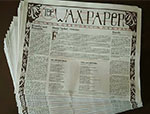 The Wax Paper is a literary magazine “produced in a beautiful newsprint, broadsheet format (22″ x 27.75”) that still smells like ink when you open it up,” Publisher Nicholas Freeman boasts. But readers can also find The Wax Paper online on all digital formats with tech features not available in print, balancing the best of many worlds.
The Wax Paper is a literary magazine “produced in a beautiful newsprint, broadsheet format (22″ x 27.75”) that still smells like ink when you open it up,” Publisher Nicholas Freeman boasts. But readers can also find The Wax Paper online on all digital formats with tech features not available in print, balancing the best of many worlds.
Freeman, founder and director of The Finch Gallery of Chicago, brought together resources from this and Hey Rat! Press of Los Angeles to publish all forms of moving words and still images in the print edition; the website posts images, texts, audio recordings, film, and animation selections in a full archive of contributor work.
Publishing four issues per year, Freeman tells me The Wax Paper name is derived from Studs Terkel’s first radio program, The Wax Museum. “We adopted Studs as our spirit animal while we were mapping out the aesthetics of The Wax Paper. It was only natural to honor him in the name of our project. Through The Wax Paper, we are devoted to continuing Studs’ sensibilities and charisma by publishing an eclectic range of work from artists skilled in their field and empathetic in the depiction of their characters.”
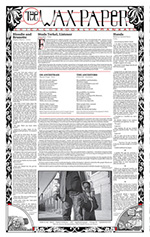 The Wax Paper Editor Hans Hetrick has writing experience from poetry to technical manuals. As Freeman tells the story, the two “became acquainted 60 feet 6 inches away from each other as the famed battery in Chicago’s Mexican Baseball League. Post-game conversation found a common interest and belief that great art must possess a generosity of spirit, a genuine respect for its audience and its subjects, and a dedication to craft. We immediately began work publishing a chapbook, Fighting Love, filled with Hans’ poems and my illustrations. After the publication of Fighting Love, Hans started trying to sell me on founding a magazine. Eventually, I relented, and The Wax Paper was born.”
The Wax Paper Editor Hans Hetrick has writing experience from poetry to technical manuals. As Freeman tells the story, the two “became acquainted 60 feet 6 inches away from each other as the famed battery in Chicago’s Mexican Baseball League. Post-game conversation found a common interest and belief that great art must possess a generosity of spirit, a genuine respect for its audience and its subjects, and a dedication to craft. We immediately began work publishing a chapbook, Fighting Love, filled with Hans’ poems and my illustrations. After the publication of Fighting Love, Hans started trying to sell me on founding a magazine. Eventually, I relented, and The Wax Paper was born.”
Freeman and Hetrick took their first cooperative publishing experience into their work on The Wax Paper as a publication open to all forms of written word, image, and any combination of the two. “The first priority of The Wax Paper,” Freeman explains, “is to expand our understanding of the people we share the world with, and in doing so, expand our understanding of ourselves. Works will be selected on their ability to illuminate the humanity and significance of the subjects that inhabit the work.”
Readers of The Wax Paper can expect to find well-crafted, lively work that explores the diverse range of the human condition. Contributors include poets, painters, playwrights, photographers, comedians, screenwriters, illustrators, essayists, fiction and nonfiction writers, translators, songwriters, muralists, storytellers, and anyone skilled in moving words and still images. The Wax Paper features unpublished and veteran artists like Richard Robbins, Thomas Maltman, Becky Fjelland Davis, Roger Hart, Karen Byers, Mike Lohre and Pulitzer Prize winning historian and author Garry Wills who honored the publication by writing their opening essay.
The Wax Paper accepts all forms of moving words and still images for their quarterly printed broadsheet. They are distributed nationally and all written work will be archived on their website. Current reading period is open until June 30th. All contributors are given a lifetime subscription.
 Alaska Quarterly Review‘s Fall/Winter 2015 issue includes an incredible special feature, “They Were My People” by John Luther Adams. AQR introduces the seventy-five page section: “Drawn from his upcoming memoir Silences So Deep: A Memoir of Music and Alaska, Pulitzer Prize and Grammy-winning composer John Luther Adams writes about his music and deep friendship with Gordon Wright and John Haines. They were for him ‘larger-than-life figures’ and ‘the embodiment of Alaska.’” Adams also shares photos and the score for “Mountains Without End” from A Northern Suite and “How the Sun Came to the Forest” from Forest Without Leaves. Alaska Quarterly Review has generously made this entire feature available online for readers to enjoy.
Alaska Quarterly Review‘s Fall/Winter 2015 issue includes an incredible special feature, “They Were My People” by John Luther Adams. AQR introduces the seventy-five page section: “Drawn from his upcoming memoir Silences So Deep: A Memoir of Music and Alaska, Pulitzer Prize and Grammy-winning composer John Luther Adams writes about his music and deep friendship with Gordon Wright and John Haines. They were for him ‘larger-than-life figures’ and ‘the embodiment of Alaska.’” Adams also shares photos and the score for “Mountains Without End” from A Northern Suite and “How the Sun Came to the Forest” from Forest Without Leaves. Alaska Quarterly Review has generously made this entire feature available online for readers to enjoy.
 The Common
The Common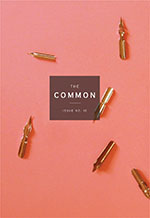 Contemporary Literature
Contemporary Literature The Wax Paper
The Wax Paper The Wax Paper Editor Hans Hetrick has writing experience from poetry to technical manuals. As Freeman tells the story, the two “became acquainted 60 feet 6 inches away from each other as the famed battery in Chicago’s Mexican Baseball League. Post-game conversation found a common interest and belief that great art must possess a generosity of spirit, a genuine respect for its audience and its subjects, and a dedication to craft. We immediately began work publishing a chapbook, Fighting Love, filled with Hans’ poems and my illustrations. After the publication of Fighting Love, Hans started trying to sell me on founding a magazine. Eventually, I relented, and The Wax Paper was born.”
The Wax Paper Editor Hans Hetrick has writing experience from poetry to technical manuals. As Freeman tells the story, the two “became acquainted 60 feet 6 inches away from each other as the famed battery in Chicago’s Mexican Baseball League. Post-game conversation found a common interest and belief that great art must possess a generosity of spirit, a genuine respect for its audience and its subjects, and a dedication to craft. We immediately began work publishing a chapbook, Fighting Love, filled with Hans’ poems and my illustrations. After the publication of Fighting Love, Hans started trying to sell me on founding a magazine. Eventually, I relented, and The Wax Paper was born.”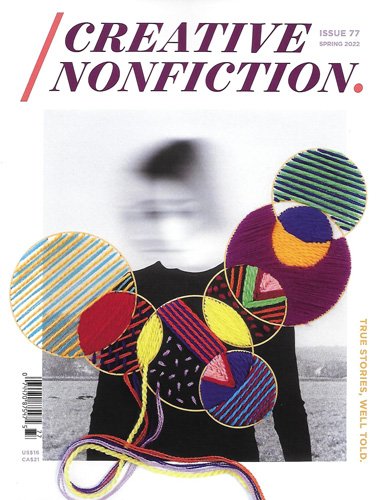 If you like
If you like 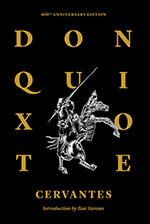 This year has brought a number of ways to celebrate the 400th Anniversary of Miguel De Cervantes’ Don Quixote.
This year has brought a number of ways to celebrate the 400th Anniversary of Miguel De Cervantes’ Don Quixote. 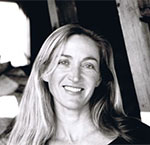 “There are standards, and we can be obedient to them. We can ask punctuation to be of service to meaning, in service of clarification, a hand to hold, a breeze at our backs. Standard punctuation is easy and safe and encouraged. It becomes almost invisible. ‘It was good enough for Shakespeare,’ a teacher once told me, ‘it’s good enough for you.’ Don’t be silly, I think he was saying. Don’t be a sophomore, or a sheep. Because he loved Bernhard and Beckett, too, their everlasting paragraphs induced by the substance and manner of what they had to say; there is nothing capricious about it. Nothing capricious about Merwin, whose unpunctuated, uncapitalized lines can look like leaves being blown from the page, light and dry and moving. Like wind in the fur of the foxes.” From Noy Holland’s
“There are standards, and we can be obedient to them. We can ask punctuation to be of service to meaning, in service of clarification, a hand to hold, a breeze at our backs. Standard punctuation is easy and safe and encouraged. It becomes almost invisible. ‘It was good enough for Shakespeare,’ a teacher once told me, ‘it’s good enough for you.’ Don’t be silly, I think he was saying. Don’t be a sophomore, or a sheep. Because he loved Bernhard and Beckett, too, their everlasting paragraphs induced by the substance and manner of what they had to say; there is nothing capricious about it. Nothing capricious about Merwin, whose unpunctuated, uncapitalized lines can look like leaves being blown from the page, light and dry and moving. Like wind in the fur of the foxes.” From Noy Holland’s 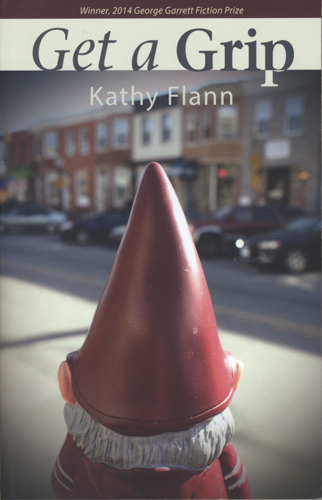 Kathy Flann’s second collection of stories Get a Grip was released last month from Texas Review Press. Winner of the 20145 George Garrett Fiction Prize, Get a Grip, according to the publisher’s website: “depict[s] a range of imagined lives . . . . All of the characters work out their struggles in the Baltimore region, channeling, in turns, the area’s charm, its despair, its humor, its self-doubt, its compassion. Get a Grip is a book about who we are when the cameras are off and the phone has died.”
Kathy Flann’s second collection of stories Get a Grip was released last month from Texas Review Press. Winner of the 20145 George Garrett Fiction Prize, Get a Grip, according to the publisher’s website: “depict[s] a range of imagined lives . . . . All of the characters work out their struggles in the Baltimore region, channeling, in turns, the area’s charm, its despair, its humor, its self-doubt, its compassion. Get a Grip is a book about who we are when the cameras are off and the phone has died.”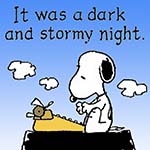 The First Line
The First Line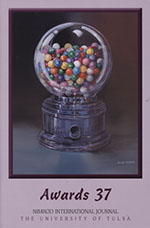 The Fall/Winter 2015 issue of
The Fall/Winter 2015 issue of  The Florida Review
The Florida Review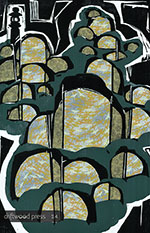 Some lit mags are able to feature a writer or two by providing an interview with authors whose works appear in the issue. For
Some lit mags are able to feature a writer or two by providing an interview with authors whose works appear in the issue. For 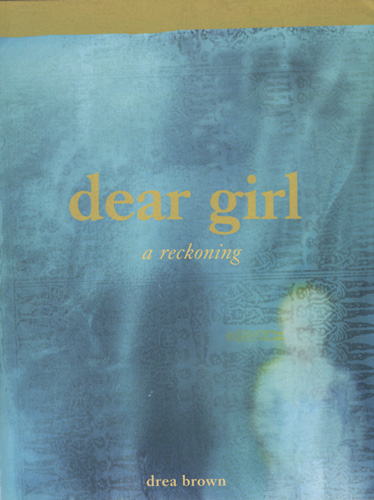 Drea Brown’s dear girl: a reckoning was released last month. The 2014 poetry winner of the Gold Line Press Chapbook Competition revisits the biography of poet Phillis Wheatley, reimagining her journey through the Middle Passage to Boston.
Drea Brown’s dear girl: a reckoning was released last month. The 2014 poetry winner of the Gold Line Press Chapbook Competition revisits the biography of poet Phillis Wheatley, reimagining her journey through the Middle Passage to Boston. Excepted from “
Excepted from “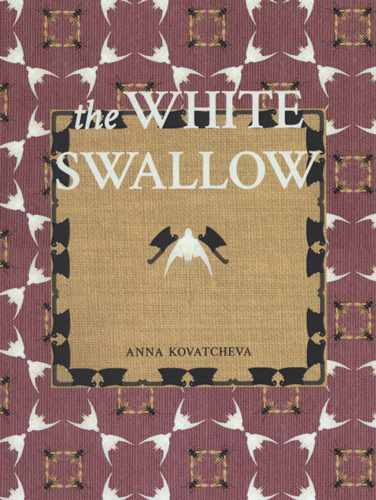 Gold Line Press’s annual chapbook contest
Gold Line Press’s annual chapbook contest This one made me smile out loud. Here’s an excerpt from Megan Taylor’s essay “
This one made me smile out loud. Here’s an excerpt from Megan Taylor’s essay “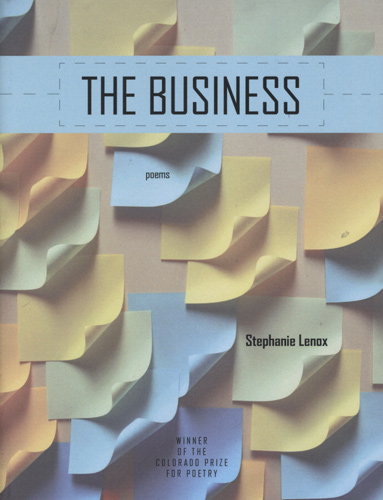 The
The  Founding Editors Liesl Nunns & Laura McNeur comment on their motivation for starting up a literary magazine, “We wanted to create a journal that gives voice to aspiring writers alongside established authors, offering a platform for first-time publication. New Zealand is home to remarkable literary talent, and Headland is a springboard for writers to explore and develop their potential, and showcase their early-career works.”
Founding Editors Liesl Nunns & Laura McNeur comment on their motivation for starting up a literary magazine, “We wanted to create a journal that gives voice to aspiring writers alongside established authors, offering a platform for first-time publication. New Zealand is home to remarkable literary talent, and Headland is a springboard for writers to explore and develop their potential, and showcase their early-career works.”
 I sit on the floor
I sit on the floor Knowing what an editor is looking for in submisisons can also help readers understand what they will encounter on the pages (print or electronic) of a literary publication.
Knowing what an editor is looking for in submisisons can also help readers understand what they will encounter on the pages (print or electronic) of a literary publication. 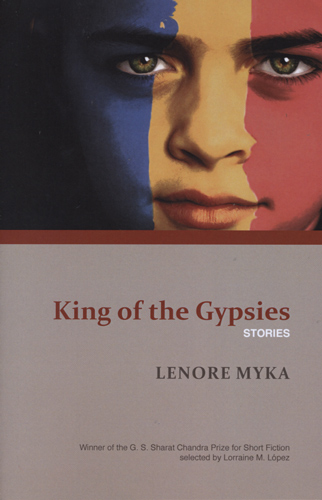 BkMk Press annually holds their
BkMk Press annually holds their 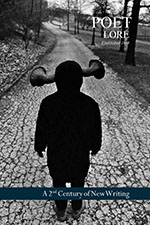

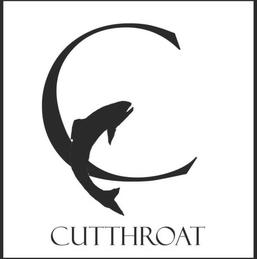
 With the tag line: An exploration of human experience through essay and image, it’s hard to pass up
With the tag line: An exploration of human experience through essay and image, it’s hard to pass up 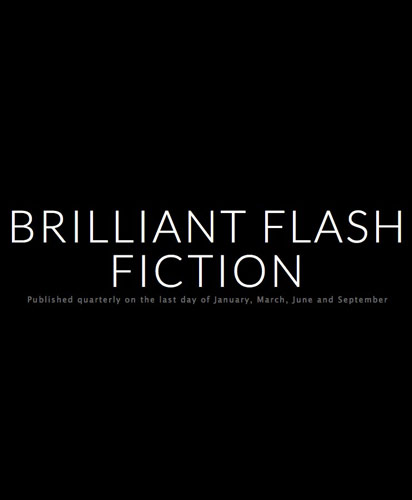 She was drowning, and doing everything she knew she shouldn’t.
She was drowning, and doing everything she knew she shouldn’t.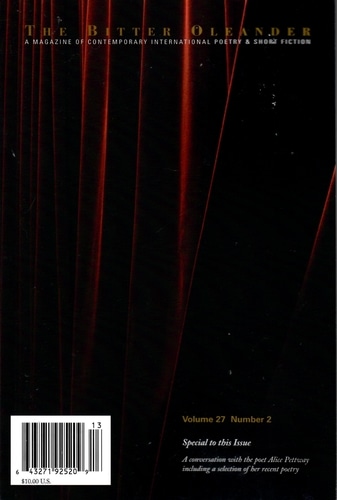 Stephanie Dickison is featured in the Autumn 2015 issue of
Stephanie Dickison is featured in the Autumn 2015 issue of 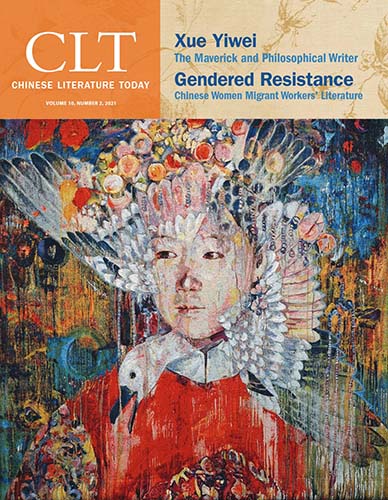 China’s Internet Literature: From “Live-Scene” Poetry to Million-Character Narratives is the special feature in the newest issue of
China’s Internet Literature: From “Live-Scene” Poetry to Million-Character Narratives is the special feature in the newest issue of  The Association for Library Services to Children has launched the new campaign
The Association for Library Services to Children has launched the new campaign